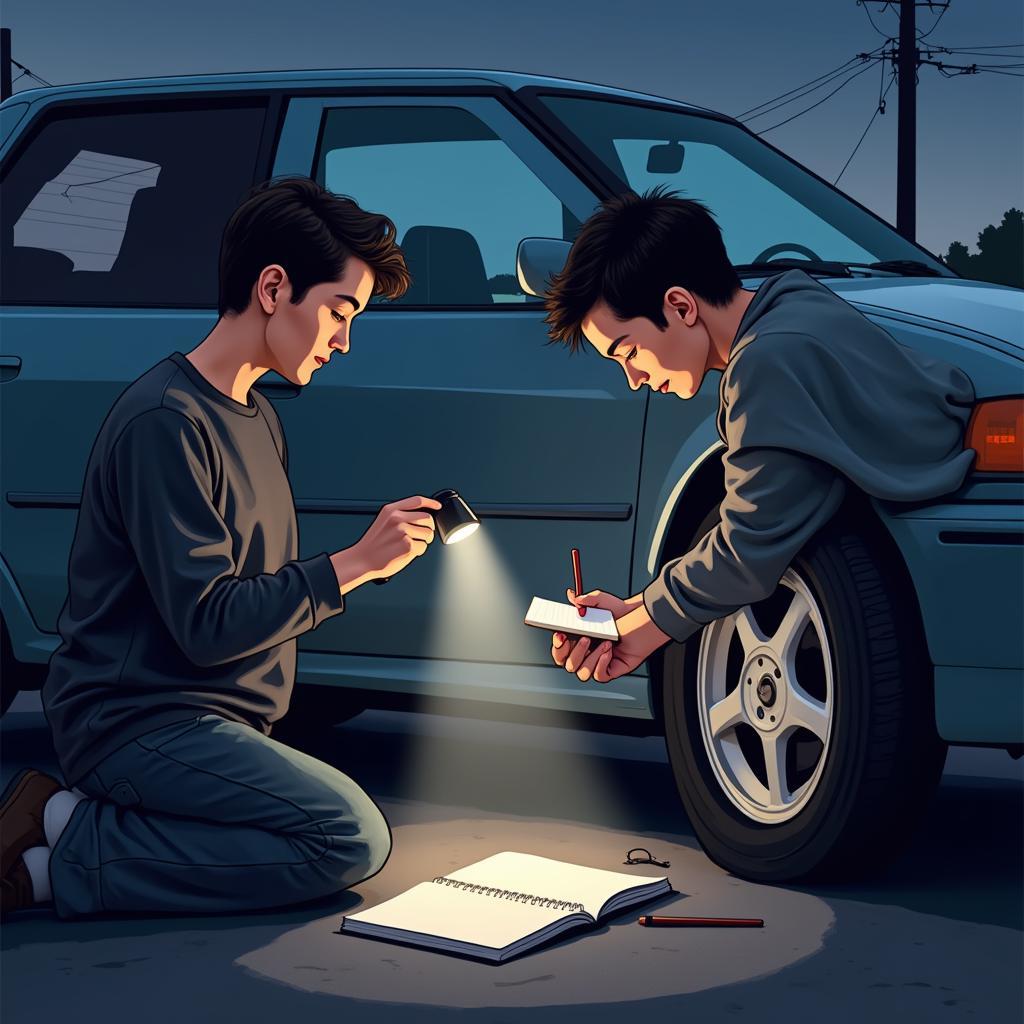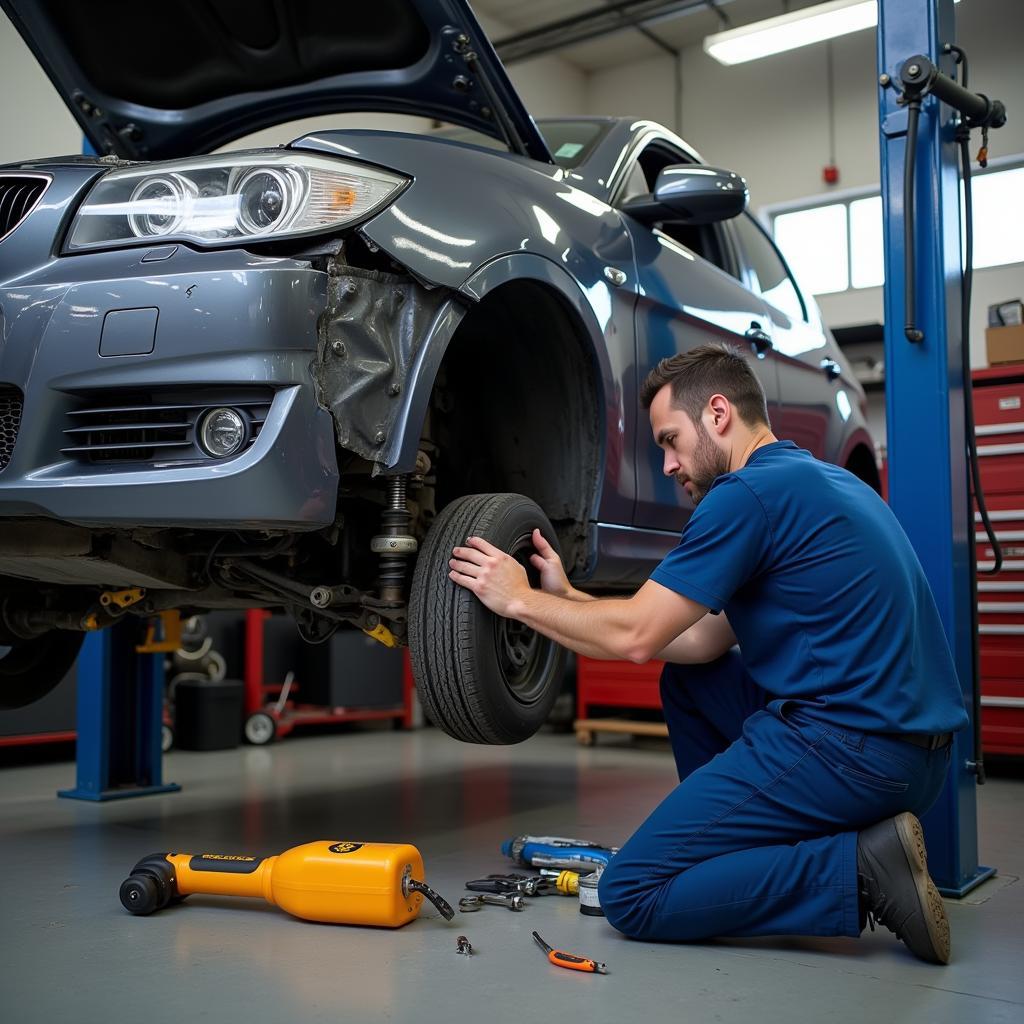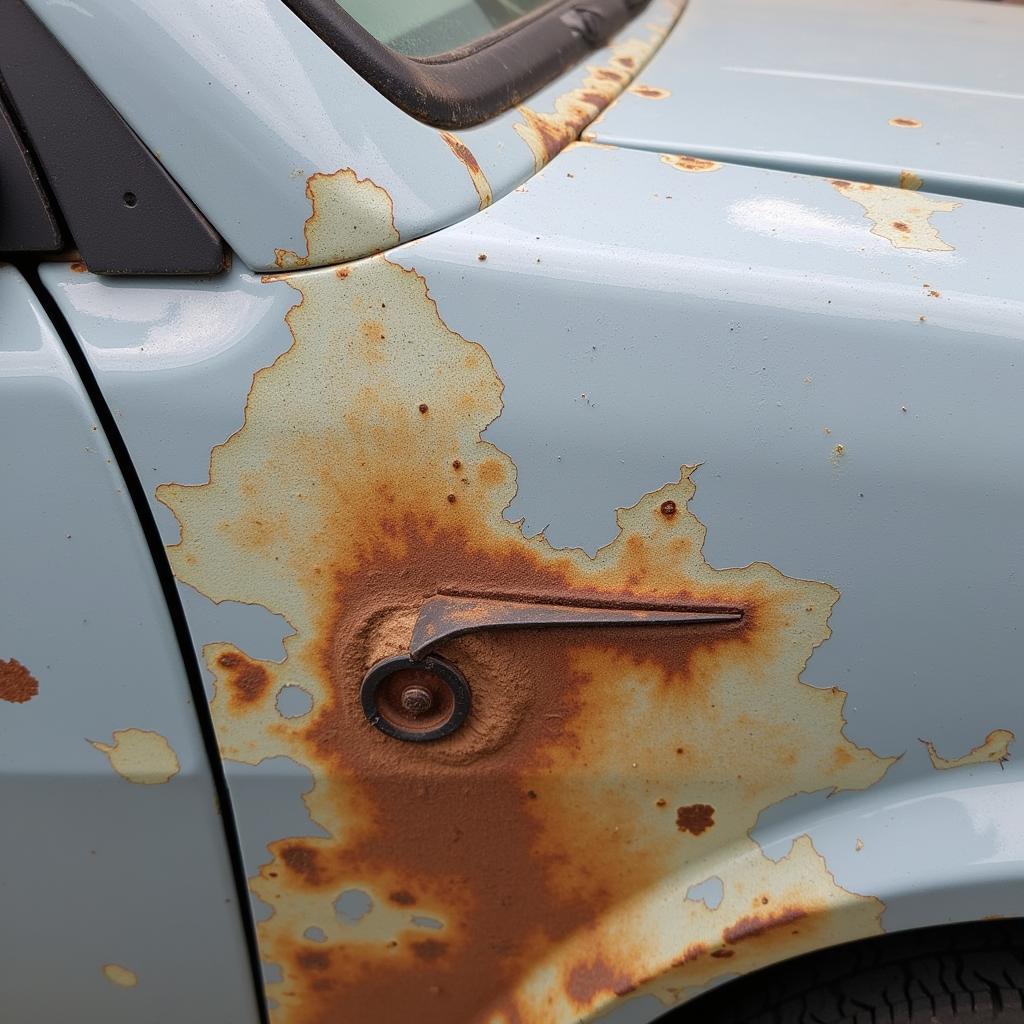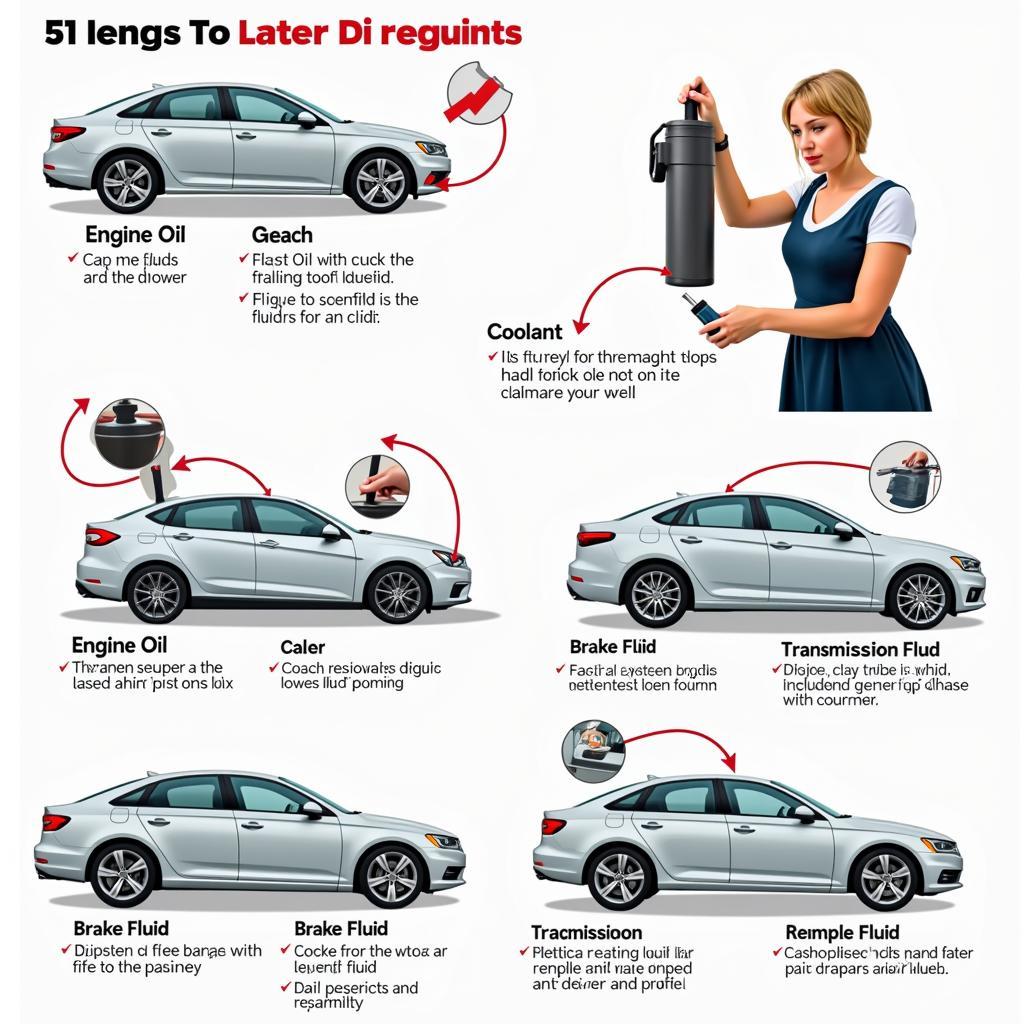When faced with car trouble, the dilemma of “Fix Car Or Leave Damage” is a common one. This decision requires careful consideration of various factors, from the severity of the damage to the overall value of your vehicle. Making the right choice can save you money, time, and future headaches.
Understanding the “Fix Car or Leave Damage” Quandary
Deciding whether to repair your car or live with the damage depends on a complex interplay of factors. Is it a minor scratch or a major mechanical failure? What’s the age and mileage of your car? How much will repairs cost versus the car’s current value? These are crucial questions to ask yourself. Ignoring minor damage might seem like a cost-effective solution in the short term, but it could lead to more significant and expensive problems down the road.
 Assessing Car Damage for Repair or Leaving As-Is
Assessing Car Damage for Repair or Leaving As-Is
Assessing the Damage: Minor vs. Major
Distinguishing between minor and major car damage is the first step in making an informed decision. Minor damage, like small scratches, paint chips, or minor dents, might be aesthetically displeasing but won’t necessarily affect the car’s functionality. These can often be left as is if the cost of repair outweighs the perceived benefit. Major damage, however, involving mechanical components, safety features, or structural integrity, demands immediate attention. Ignoring these issues can compromise your safety and lead to more extensive and costly repairs later on.
When to Fix Your Car: Prioritizing Safety and Functionality
Certain types of damage should never be ignored. Anything affecting the brakes, steering, suspension, or airbags requires immediate professional attention. These systems are crucial for your safety and the safety of other drivers. Similarly, structural damage resulting from a collision should be addressed promptly by a qualified mechanic.
 Repairing Major Car Damage for Safety
Repairing Major Car Damage for Safety
The Cost Factor: Repair vs. Car Value
The cost of repairs is a significant factor in the “fix car or leave damage” equation. If the repair cost exceeds the car’s current value, it might be more economical to consider replacing the vehicle. However, even if the repair cost is lower than the car’s value, it’s essential to weigh the long-term benefits. Will fixing the car extend its lifespan significantly? Or are you likely to encounter more repair expenses in the near future?
Calculating the True Cost: Hidden Expenses
Remember to factor in hidden expenses, such as rental car costs while your car is being repaired, potential loss of income if you rely on your vehicle for work, and the hassle of dealing with insurance claims and repair shops.
“Don’t just look at the initial repair quote,” advises John Smith, a seasoned automotive technician at a leading repair shop. “Consider the long-term implications and potential future costs before making a decision.”
Leaving Damage: Understanding the Risks
While leaving minor cosmetic damage might seem harmless, it can have unforeseen consequences. Small chips in the paint can expose the metal underneath to rust, which can spread and eventually compromise the car’s structural integrity. Ignoring minor mechanical issues can lead to more significant problems down the road, resulting in higher repair costs in the long run.
 Risks of Leaving Minor Car Damage Unrepaired
Risks of Leaving Minor Car Damage Unrepaired
Conclusion: Making the Informed Choice
The decision to “fix car or leave damage” is a personal one, but it shouldn’t be taken lightly. By carefully assessing the damage, considering the cost of repairs, weighing the car’s value, and understanding the potential risks, you can make an informed decision that protects your investment and ensures your safety on the road. For personalized advice and assistance with your car repair needs, feel free to connect with us at AutoTipPro. Call us at +1 (641) 206-8880 or visit our office at 500 N St Mary’s St, San Antonio, TX 78205, United States. We’re here to help you navigate the complexities of car repair and maintenance.
“Ultimately,” says Sarah Jones, an experienced automotive consultant, “the best decision is the one that aligns with your budget, your needs, and your peace of mind.”
FAQ:
- What should I do immediately after noticing car damage?
- How can I get an accurate estimate for car repairs?
- Is it always necessary to go to a certified repair shop?
- What are the common signs of hidden car damage?
- How can I protect my car from future damage?
- What are the options for financing car repairs?
- What should I do if I disagree with the repair shop’s assessment?





Leave a Reply